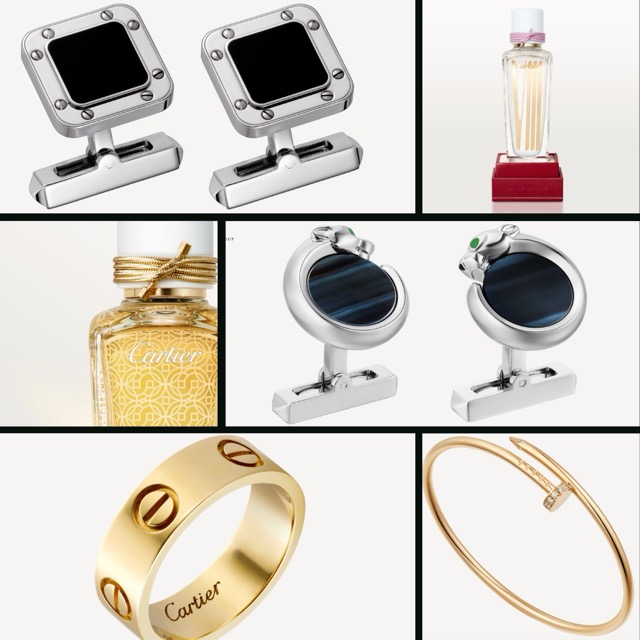
Celery juice, chlorophyll water, castor oil, mouth taping—the list of viral TikTok health trends keeps growing, along with the promises they make. But are these wellness hacks actually working, or are we just falling for clever marketing? By taking a closer look at what’s trending, we’ll explore why we’re so drawn to quick-fix wellness—and what we’re really buying into.
In 2024, a nationwide survey conducted by Healthline and YouGov polled over 4,000 U.S. adults on where they get their health information, how they use it, and how they feel about social-media-driven wellness trends. More than half of respondents admitted to trying a health hack they discovered online—a striking figure that underscores both our curiosity and our vulnerability to misinformation—especially when slick branding and bite-sized video tutorials make every claim seem plausible.
Celery Juice & Castor Oil
Celery juice has become the poster child for “detox” elixirs, promising glowing skin, reduced inflammation, and digestive clarity. Yet while celery is rich in vitamins and antioxidants, there’s no clinical evidence that juicing it unlocks any special cleansing properties beyond those of eating whole vegetables. Likewise, castor oil treatments—often touted as hair-growth miracles—may condition strands but won’t magically accelerate follicle activity. In both cases, we’re trading on anecdote and aesthetic rather than hard science.
Mouth Taping & Probiotic Sodas
Mouth taping—sealing your lips at night to force nasal breathing—claims to slash snoring, boost sleep quality, and improve oral health. In reality, experts caution it’s more gimmick than cure, and it can pose risks for those with undiagnosed sleep disorders. Meanwhile, probiotic-infused sodas promise a gut overhaul via live cultures. Certain brands do include beneficial strains, but unless those bacteria survive stomach acid, their impact is questionable—and nutritionists remind us that fiber-rich whole foods remain the gold standard for microbiome support.
Chlorophyll Water & Apple Cider Vinegar
Green chlorophyll drops have inspired thousands to tout clearer skin and renewed energy, but scientific studies on ingested chlorophyll are limited and inconclusive. Most health professionals agree you can reap similar antioxidant and anti-inflammatory benefits simply by eating leafy greens. And while apple cider vinegar may slightly curb appetite or aid blood-sugar control in some studies, it’s by no means a standalone weight-loss strategy—sustainable results still hinge on balanced nutrition and regular exercise.
The Buzzword Economy
Across these trends, you’ll see the same marketing playbook: slap on terms like “superfood,” “anti-inflammatory,” or “detox,” wrap them in viral-style videos, and charge premium prices. Influencers share dramatic before-and-after snapshots and personal success stories, while brands leverage scarcity (“limited-edition chlorophyll”) to stoke FOMO. Together, these tactics create an emotional tug: if everyone’s doing it and someone else swears by it, how could it hurt?
Red Flags & Recommendations
To separate substance from spin, watch for these warning signs:
Grandiose Claims, No Citations: Promises of overnight transformations without links to peer-reviewed research.
Anecdotes as Evidence: Personal testimonials presented as universal truths.
Opaque Sponsorships: Ads or influencer posts that don’t clearly disclose paid partnerships.
Before trying any trend, do a quick fact-check: skim reputable health sites, review the science on PubMed, and consult a qualified professional—dietitian, doctor, or pharmacist. When in doubt, favor time-tested practices: a balanced diet, regular movement, proper sleep hygiene, and stress management.
Why We Fall for It
Ultimately, our attraction to quick-fix wellness hacks reflects a deeper craving for control in a complex world. Brands know this and craft experiences that feel personalized, easy, and aspirational. By pausing to question claims, dig into the evidence, and opt for grounded self-care, we can reclaim our health routines on our own terms—trend-driven, perhaps, but firmly rooted in truth.


.jpg)





